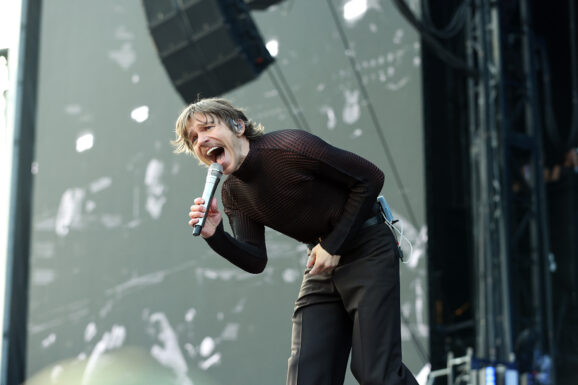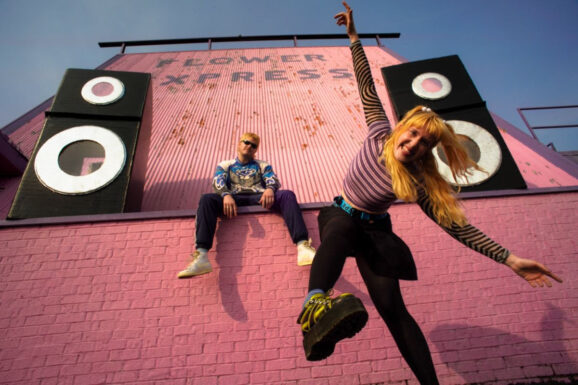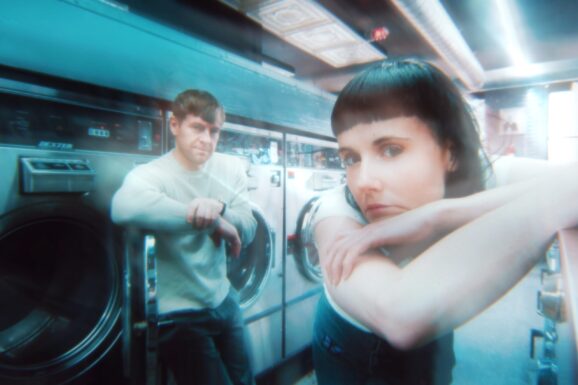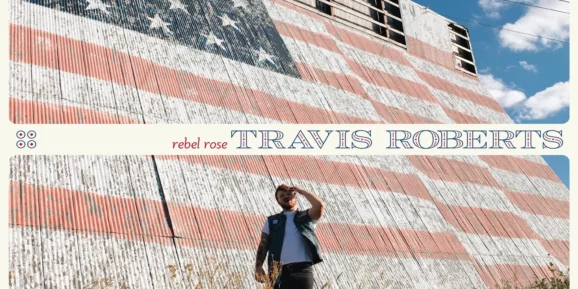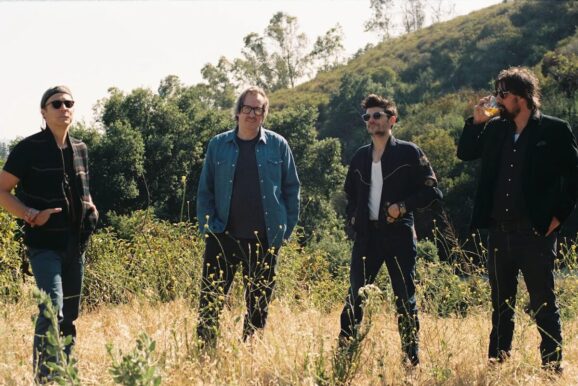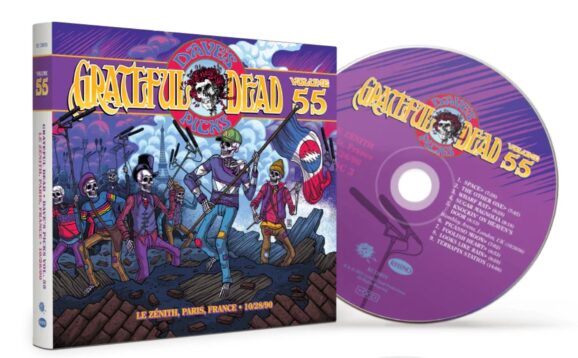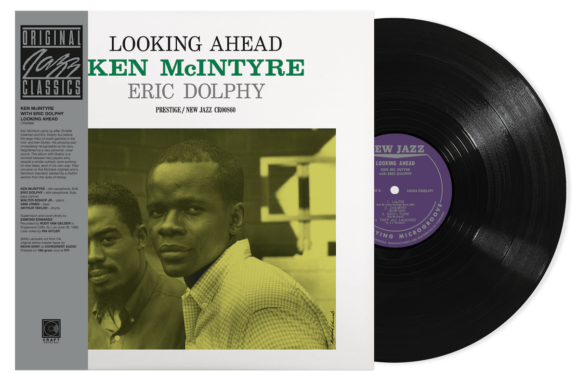Norman Greenbaum’s 1969 debut solo album, Spirit in the Sky, often gets distilled down to its one iconic single, but there’s more to explore beneath that fuzzed guitar riff. Produced by Erik Jacobsen (known for his work with the Lovin’ Spoonful), this record blends raw rock energy with subtle gospel and psychedelic leanings. Although Greenbaum had started out in jug-band and folk-rock outfits, most notably Dr. West’s Medicine Show and Junk Band, Spirit in the Sky marks his first full embrace of electric blues-rock, with a healthy dose of offbeat humor and lyrical directness. It’s hard to believe this album has only had one very limited repress since 1970. However, Craft Recordings is finally giving the album a proper wide release for the first time in over fifty years.
“Junior Cadillac” kicks things off with punchy guitar chords and a rollicking shuffle beat. Greenbaum’s vocals here are sardonic but not bitter, painting a vivid image of cruising in style while acknowledging the emptiness that often lurks beneath material success. “Spirit in the Sky” doesn’t need much introduction: the fuzz-laden guitar riff is instantly recognizable, and the gospel-flavored backing vocals (supplied by the Stovall Sisters) give it a quasi-spiritual lift that feels both earnest and slightly tongue-in-cheek. Moving into “Skyline,” Greenbaum slows the pace and introduces a more contemplative mood. Here, a chiming guitar tone drifts over a steady bass line, punctuated by gentle organ chords. It’s a restful pause, a welcome contrast before the album picks up again. “Jubilee” reintroduces a sprightly rhythm, anchored by crisp drum accents and a buoyant guitar riff. The interplay between handclapped beats and a faint swirling organ adds a late-’60s psychedelic undercurrent without ever feeling overblown.
“Tars of India,” which ventures into subtly exotic territory: a droning, sitar-like guitar tone hovers over a midtempo beat, hinting at the era’s fascination with Eastern sounds. But rather than leaning fully into psychedelia, Greenbaum layers down-to-earth rock elements—hand drums, a solid bass groove, and bright harmonica lines—that keep the song grounded. It feels like a bridge between traditional blues-rock and the more experimental sounds of 1969. The album closes with “Marcy,” a midtempo ballad that trades swagger for introspection. Greenbaum’s vocals here are plaintive, reflecting on a lost love or perhaps a chance missed. The arrangement is sparsest on the record: just guitar, bass, and drums, with a few mournful organ swells underneath.
Although Spirit in the Sky is forever tied to its breakthrough single, a deeper listen reveals Greenbaum’s versatility as a songwriter and performer. He moves from upbeat rock shuffles to contemplative ballads, weaving in sly humor, straightforward storytelling, and occasional forays into psychedelia. The production by Erik Jacobsen keeps the album feeling immediate—guitars buzz just enough, vocals remain front and center, and there’s never any pretense of studio trickery. This is made even more obvious due to the clean sound captured on this vinyl reissue cut from the original tapes (AAA), which allows every note to shine. For anyone curious about the late-’60s American rock scene beyond the obvious hits, Spirit in the Sky offers a concise, 34-minute snapshot of one artist’s ability to straddle gospel fervor, blues grit, and pop sensibility without sounding heavy-handed.

